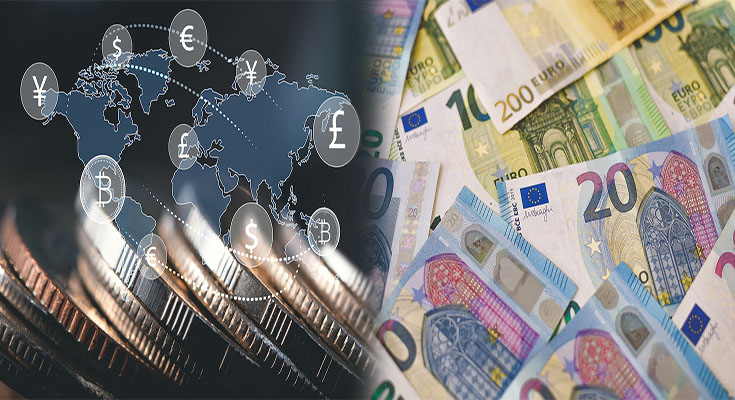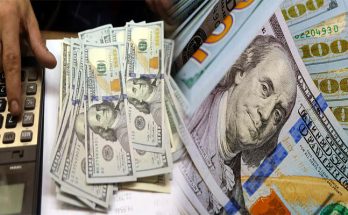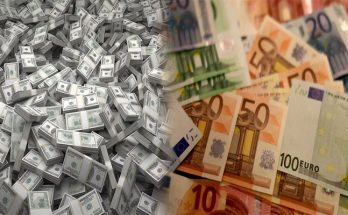Money, as a medium of exchange, plays a significant role in facilitating economic growth and development. It serves as a vital component of any thriving economy, enabling the exchange of goods and services, promoting investment, and fostering economic stability. In this article, we will explore the importance of money in facilitating economic growth and development.
Facilitating Exchange of Goods and Services
Money serves as a universal medium of exchange, eliminating the need for complex barter systems. By providing a widely accepted medium that represents value, money allows for seamless transactions between buyers and sellers. This simplicity and efficiency in trading goods and services contribute to the overall growth of the economy. Money functions as a lubricant, reducing transaction costs and encouraging the flow of economic activity.
Encouraging Investment and Innovation
A stable monetary system encourages investment and fosters economic growth. Money provides a means to save and accumulate wealth over time. Individuals and businesses can store their surplus earnings in the form of money, which can then be allocated toward productive investments. This investment capital facilitates the creation of new businesses, the expansion of existing enterprises, and the financing of innovative ideas and technologies. Such investments drive economic growth by generating employment opportunities, improving productivity, and increasing overall output.
Promoting Economic Stability
A stable and well-managed monetary system is essential for maintaining economic stability. Central banks, through their monetary policies, regulate the supply and value of money, ensuring price stability and controlling inflation. Stable prices and predictable inflation rates provide a favorable environment for economic planning and decision-making. With a stable monetary system, businesses can more accurately project costs and revenues, which in turn enables long-term planning and investment. Additionally, a stable currency enhances the confidence of both domestic and international investors, attracting capital inflows and fostering economic development.
Reducing Transaction Risks
Money significantly reduces the risks associated with economic transactions. When conducting business, accepting money as a form of payment provides reassurance to both parties involved in the transaction. The use of money eliminates concerns about the quality, quantity, or suitability of the goods or services being exchanged. Money also offers a convenient and secure means of preserving value, as it is less susceptible to theft or depreciation compared to other forms of exchange, such as physical commodities.
Money is a critical factor in facilitating economic growth and development. As a medium of exchange, money simplifies transactions, reduces transaction costs, and promotes efficiency in the exchange of goods and services. It encourages investment and innovation by acting as a store of value and facilitating the flow of capital. Moreover, a stable monetary system ensures economic stability, fosters trust, and reduces transaction risks. Overall, the importance of money in facilitating economic growth and development cannot be overstated—it plays an integral role in the functioning and success of economies worldwide.





